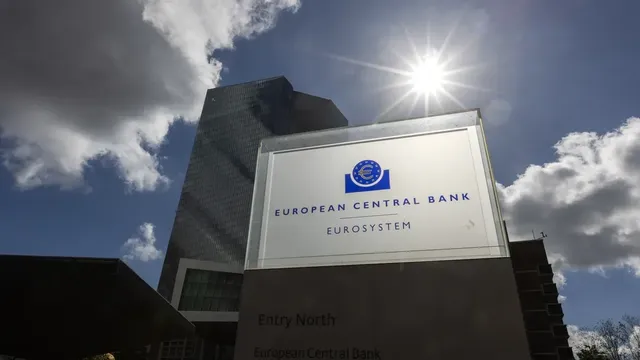Consumer prices in Spain, France and Italy came in 0.1% below forecasts in August, signaling price stability across the eurozone, according to the latest inflation data reported by Euronews.
In Germany, the bloc’s largest economy, inflation in July was only slightly higher than anticipated. Prices rose 2.2% year-on-year compared with 2% in June. Food prices increased, while lower energy costs helped offset part of the rise. On a monthly basis, prices were up just 0.1%, according to the Federal Statistical Office.
In France, EU-harmonized inflation was modest at 0.8% in August, driven down by slower price growth in services. Food prices remained steady, while declining energy costs also eased overall inflationary pressures. Month-on-month, prices rose 0.5%.
Spain’s harmonized consumer price index climbed 2.7% year-on-year, while the monthly figure was unchanged, according to flash estimates from the national statistics office INE. In Italy, prices were up 1.7% annually — a slowdown from July as energy inflation eased, though food inflation accelerated. Compared to the previous month, prices edged up 0.1%.
Separate figures from Italy’s statistics office confirmed earlier estimates showing the economy contracted 0.1% quarter-on-quarter in the April–June period, while GDP grew 0.4% compared to the same quarter in 2024.
The latest inflation data support expectations that the European Central Bank (ECB) is broadly satisfied with price stability in the eurozone, its primary mandate. The ECB targets an inflation rate of 2%.
Minutes from the ECB’s July meeting reinforced this view, noting that “most Governing Council members assessed the risks to the inflation outlook as broadly balanced.”
Since last year, the ECB has cut interest rates eight times, with the key deposit rate holding at 2% since June. Still, the minutes also highlighted risks to economic growth if global trade tensions intensify, creating further uncertainty that “could dampen exports and weigh on investment and consumption.”
On this basis, another ECB rate cut in September appears unlikely. However, ING Chief Economist Carsten Brzeski cautioned that it may be too soon to rule it out entirely, pointing to risk factors such as uncertainty over the US–EU trade framework, renewed concerns about France’s public finances, and a strengthening euro. | BGNES

 Breaking news
Breaking news
 Europe
Europe
 Bulgaria
Bulgaria







